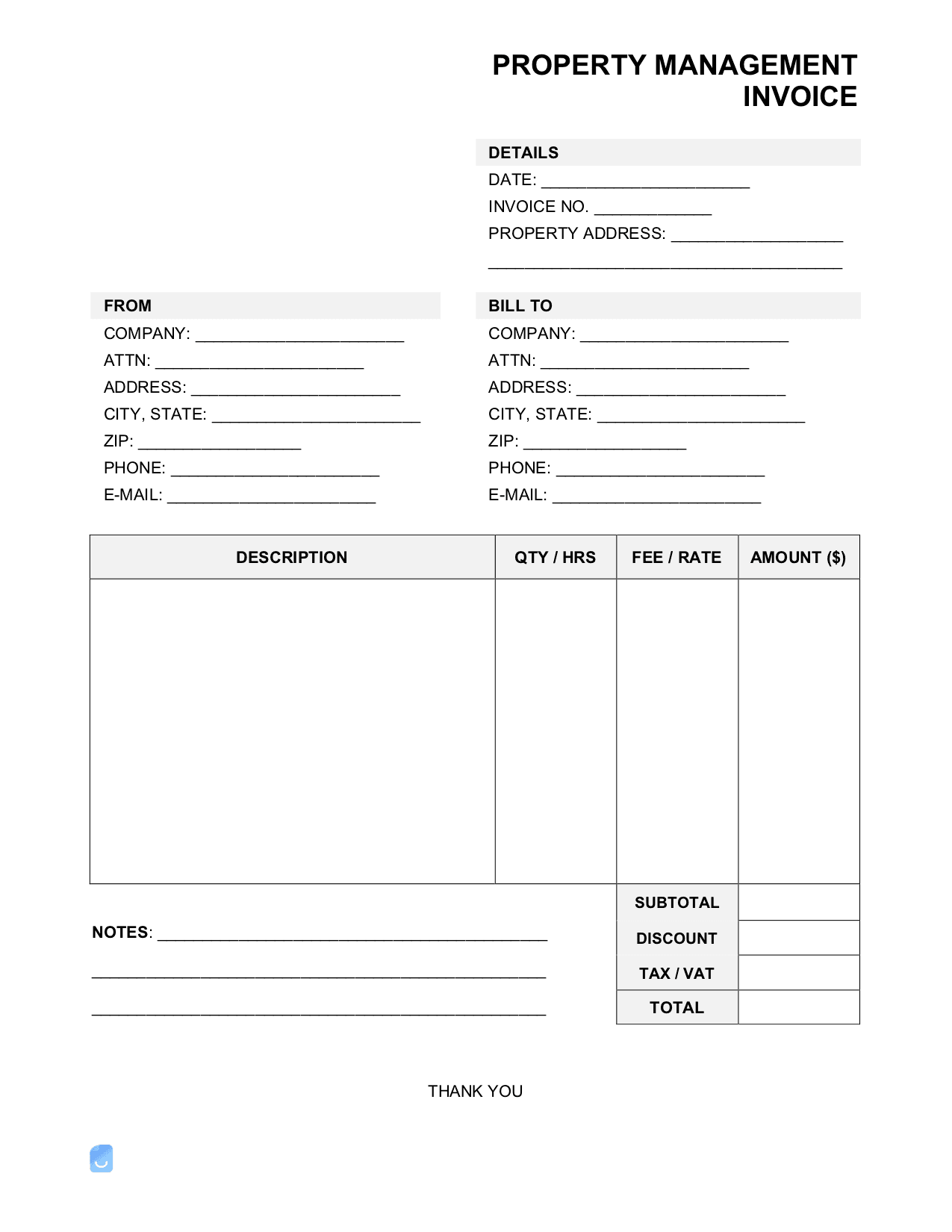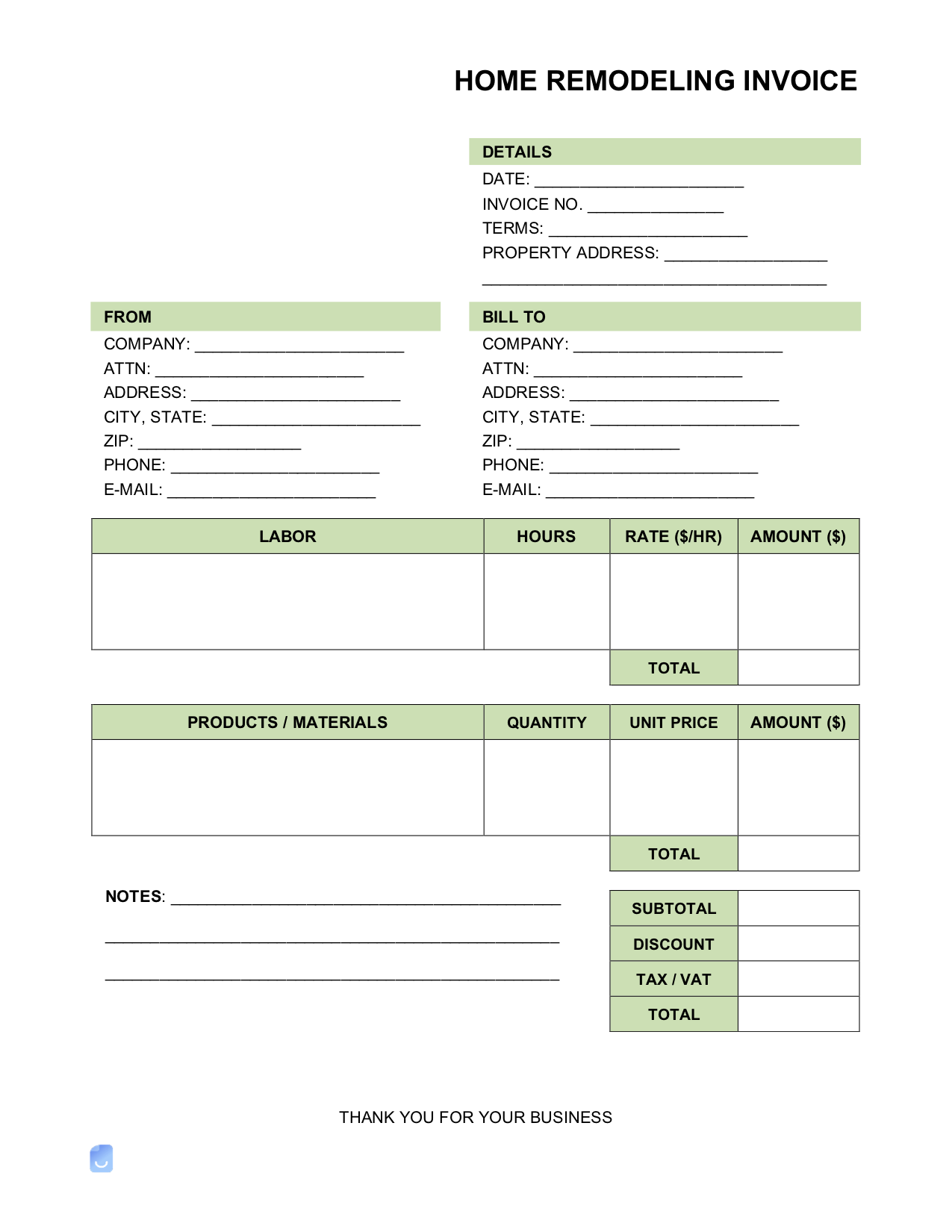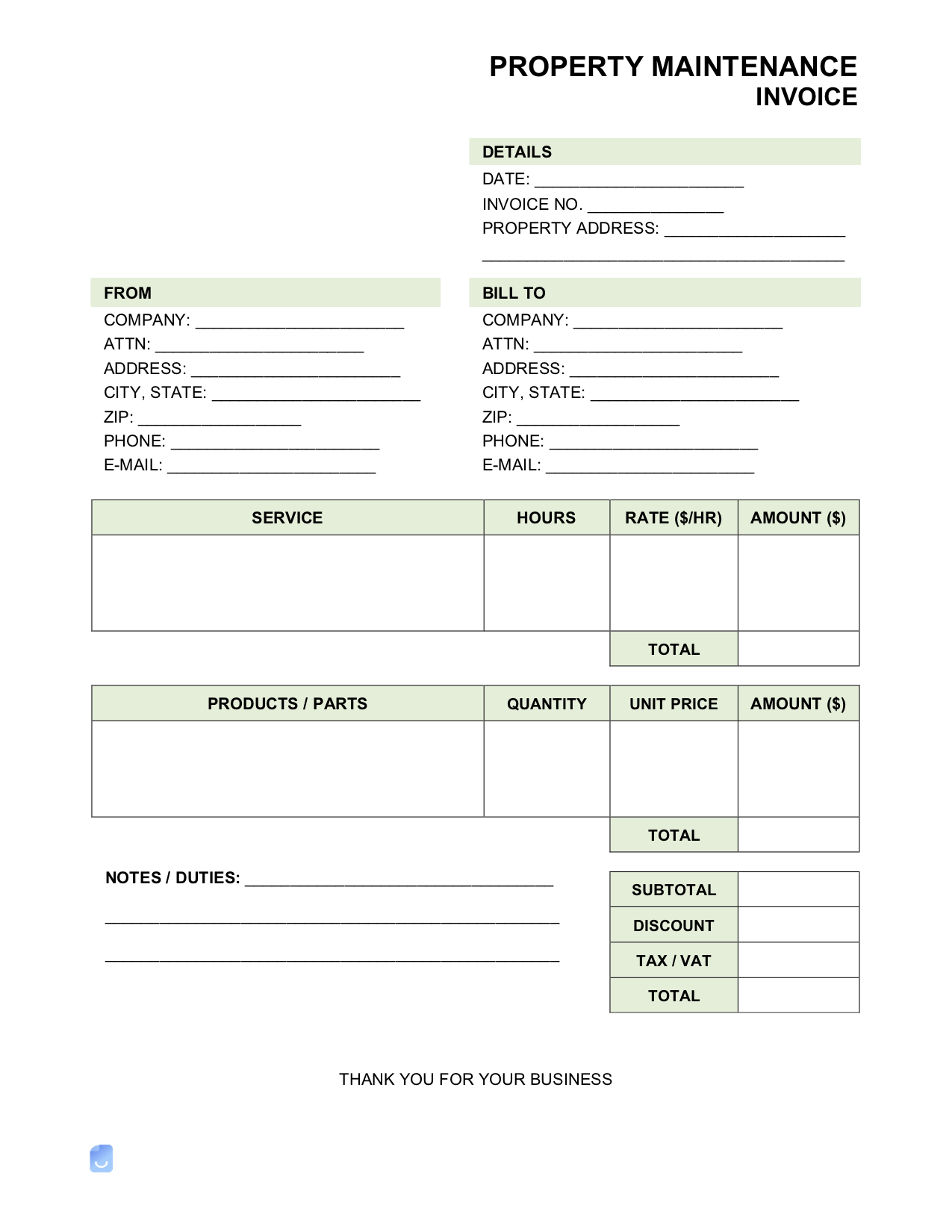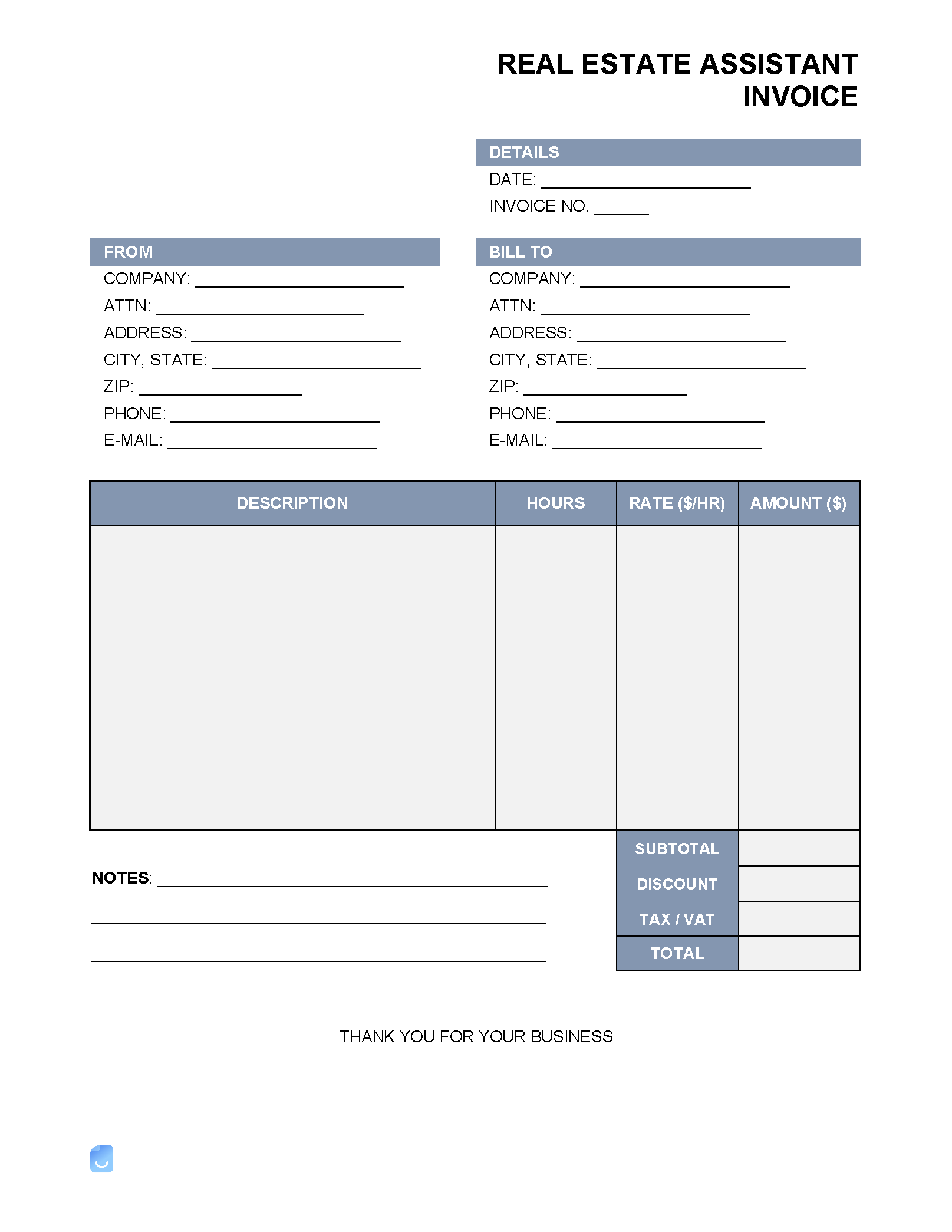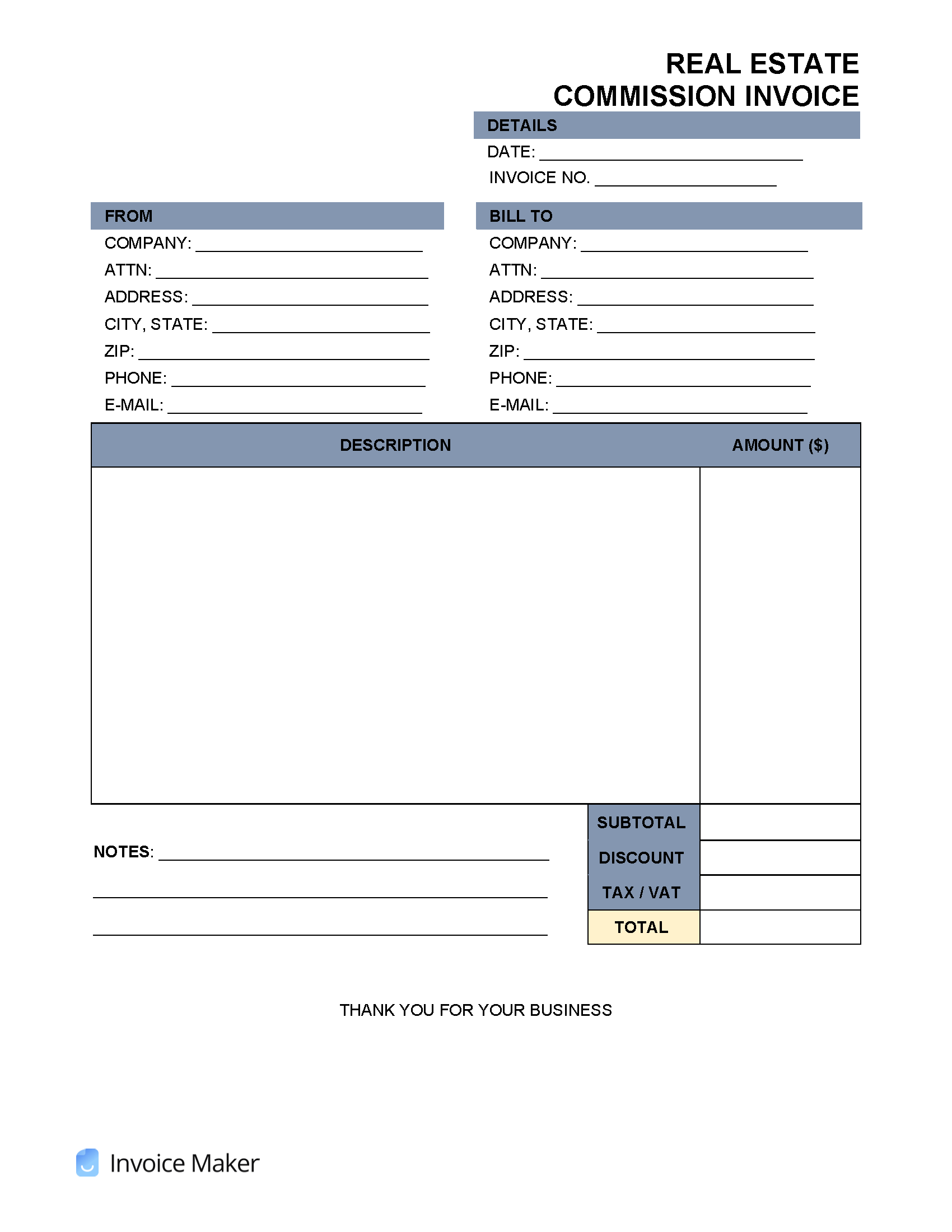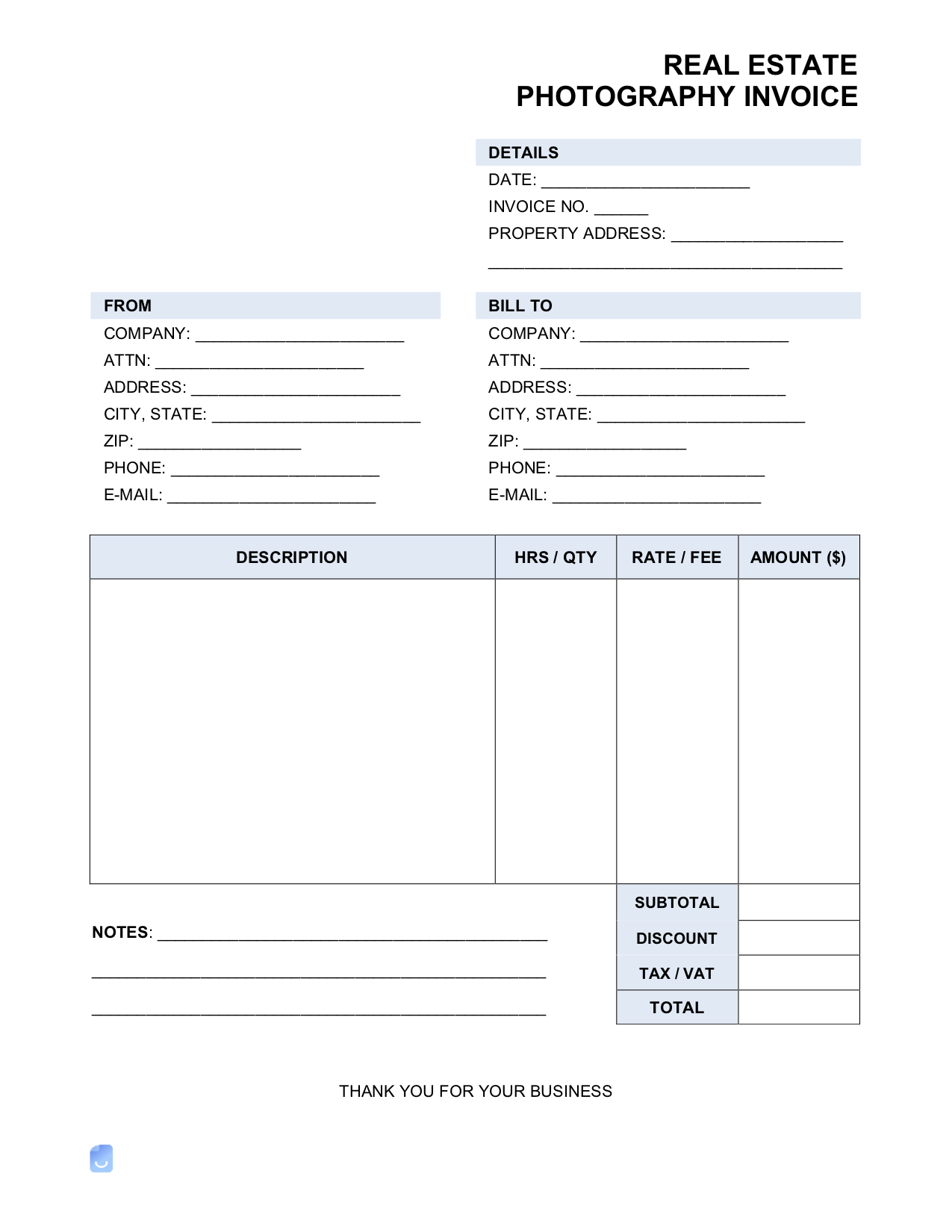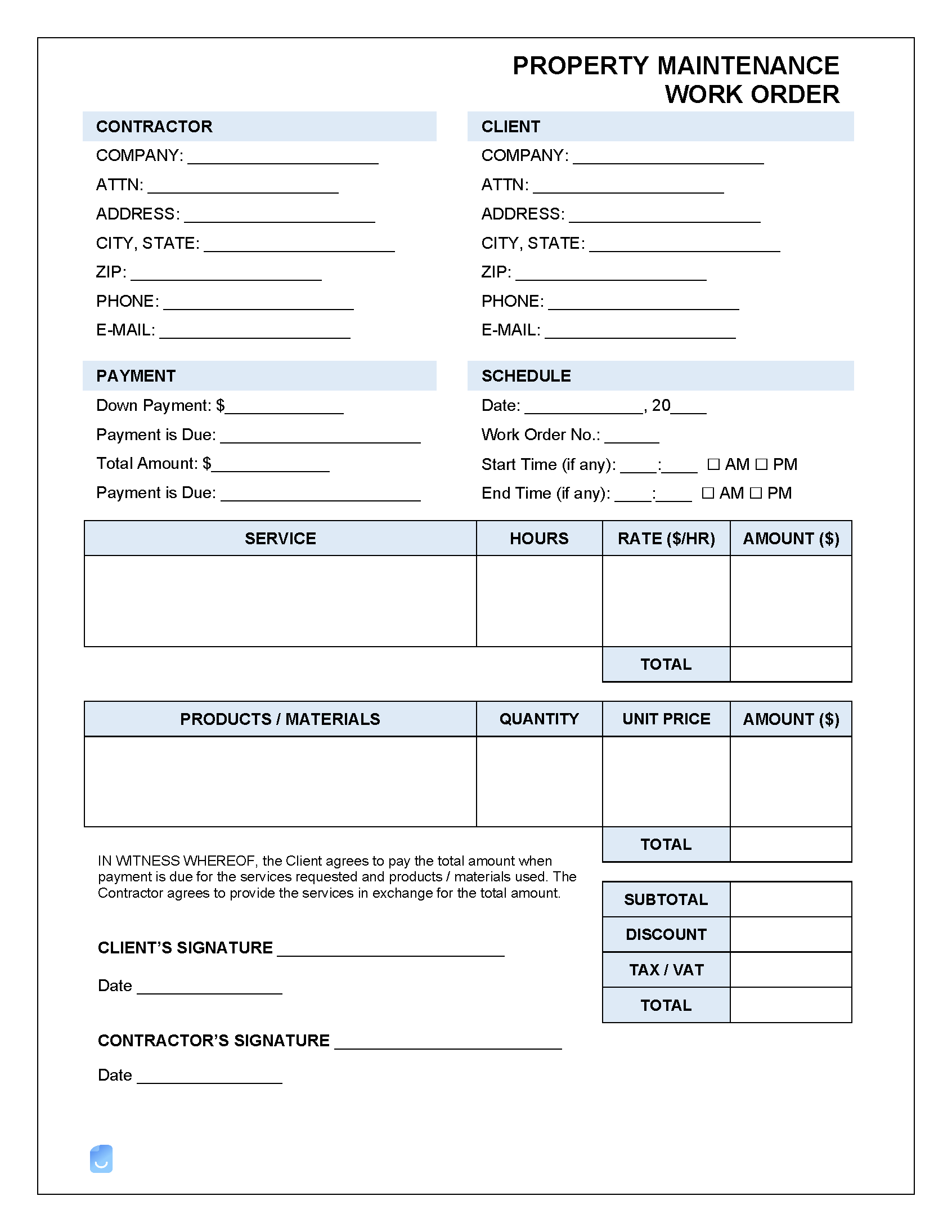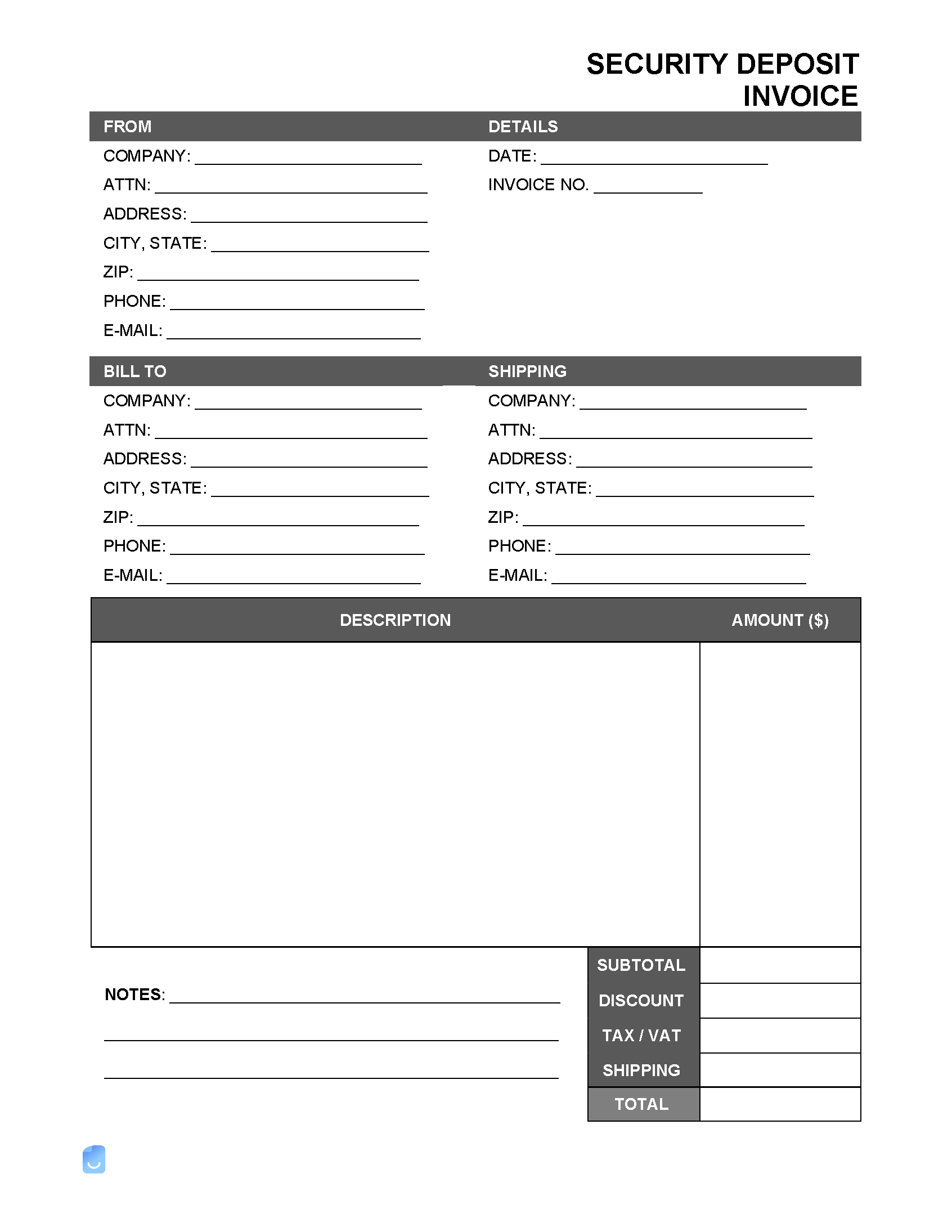A property management invoice is an official bill containing a series of itemized charges that were accrued for the managing of one or more rental properties for a landlord or property owner. Depending on the level of assistance required, property management companies can screen tenants, clean properties, conduct or arrange maintenance and repairs, and collect rent, to name a few. Due to the complexity of managing multiple properties, having an organized system for billing property owners is essential for reducing accounts receivables, maintaining professionalism, and keeping clients informed of the costs associated with operating their rental properties.
By Type (7)
What is Property Management?
Property management is the act of supervising and maintaining residential, commercial, or industrial properties for the entity or individual(s) that owns them. Property managers take responsibility for keeping rentals occupied with tenants by advertising the property, showing vacant rentals to interested tenants, conducting in-depth screening and background checks, and signing encompassing leases compliant with state and local laws. Additionally, they collect the rent payments from tenants, cater to any maintenance requests, and ensure the properties are in good condition.
Getting Started with Property Management
Those looking to enter the property-management field should be prepared to file a business, regardless of whether it will be a single-member company or one with multiple employees. Filing as a single-member LLC is recommended because it creates a separate business entity, allowing all liability to fall on the LLC instead of the individual property manager if something goes wrong. After filing the business through the state in which the property manager will be operating, steps should be taken to begin advertising to property owners, taking the time to build both an online and in-person presence within the local real estate industry. Additionally, the property manager will need to determine their prices for various services, with special prices for packages of several services grouped into one. The utilization of rental management software is highly recommended, as it can automate much of the rental screening and management process, such as sending rental applications and collecting rent. Property managers should take the process slowly, starting with only a few clients, building at a pace that allows them to learn what is and isn’t working for their business. As the number of clients expands, managers should begin hiring employees to both reduce workload and free up time for managerial tasks.
Checkout rocketrent.com for FREE Property management software.
